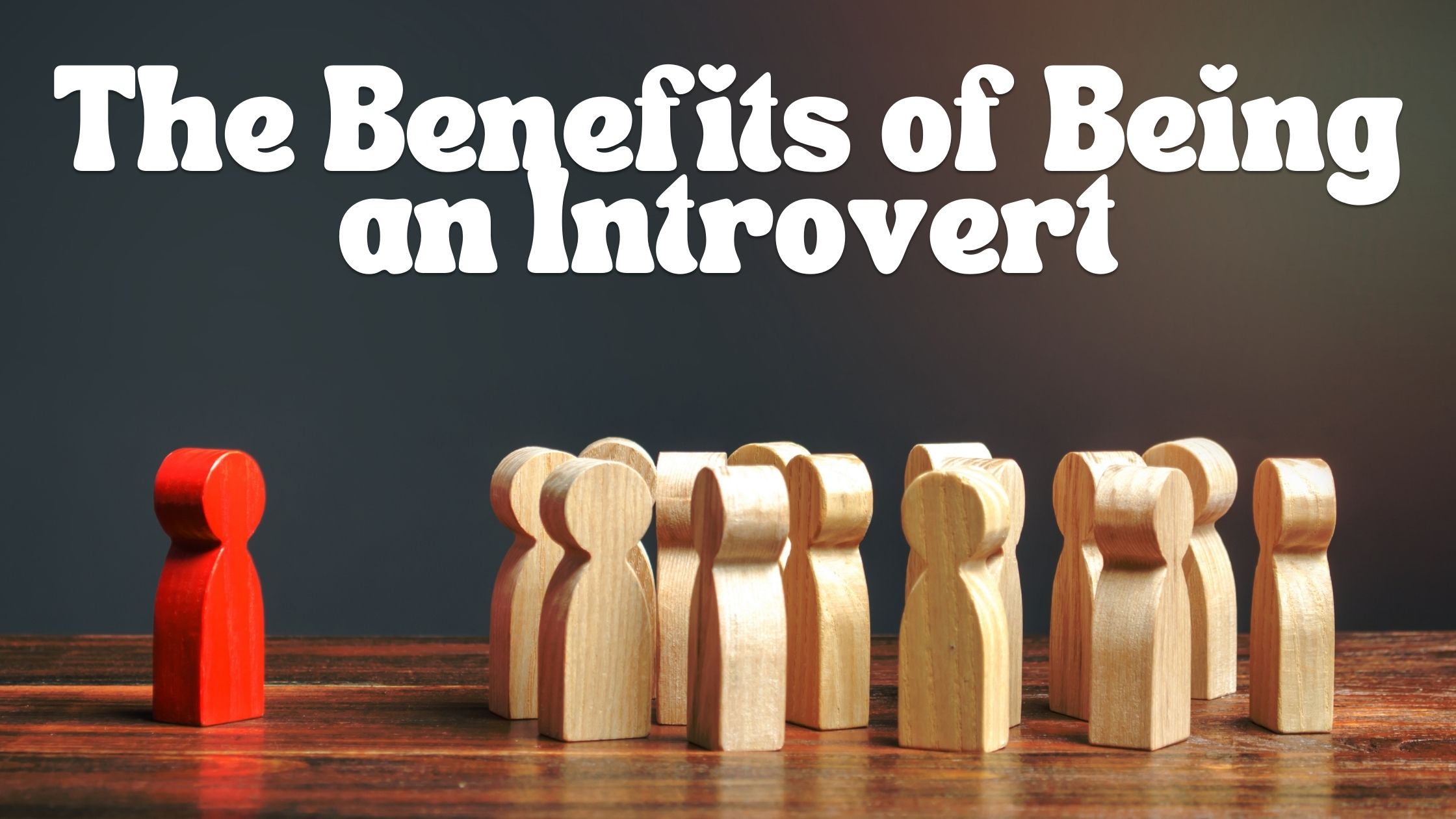What Are The Benefits Of Being An Introvert

In a world that often celebrates extroversion, the strengths of introverts are frequently overlooked. Recent studies reveal that embracing introversion can unlock surprising advantages in various aspects of life.
This article will explore the tangible benefits of being an introvert, challenging common misconceptions and highlighting the value of introspection and focused energy.
The Power of Focused Thinking
Introverts possess a remarkable capacity for deep and focused thought. Susan Cain, author of Quiet: The Power of Introverts in a World That Can't Stop Talking, emphasizes that introverts excel in environments that allow for independent work and reflection.
Studies have shown that introverts often demonstrate greater creativity and problem-solving skills due to their ability to concentrate deeply and avoid distractions. This can lead to increased productivity and innovation in professional settings.
Enhanced Listening Skills
Introverts are typically excellent listeners, a quality that is highly valued in both personal and professional relationships. They tend to listen more than they speak, allowing them to fully understand and empathize with others.
This attentiveness fosters trust and strengthens connections, making introverts valuable team members and confidants. A study by Harvard Business Review indicated that good listening skills are key to effective leadership, a quality that introverts often possess.
Strategic Decision-Making
Introverts often approach decision-making with careful consideration and a penchant for analysis. They prefer to gather information, weigh options, and make informed choices rather than acting impulsively.
This strategic approach can lead to more successful outcomes in both personal and professional endeavors. Research from the Myers-Briggs Company suggests that introverts are more likely to make well-thought-out decisions, reducing the risk of errors and missteps.
Independent and Self-Sufficient
Introverts are often comfortable spending time alone and are not reliant on external validation for their sense of self-worth. This independence allows them to pursue their interests and passions without feeling the need to conform to societal expectations.
Being self-sufficient allows introverts to recharge and rejuvenate, preventing burnout and fostering a greater sense of well-being. A study published in the Journal of Personality and Social Psychology found a correlation between introversion and higher levels of life satisfaction.
Leadership From Within
While extroverted leaders are often associated with charisma and high energy, introverted leaders can be equally effective, bringing a different set of strengths to the table.
Introverted leaders are often thoughtful, deliberate, and empathetic, creating a supportive and collaborative environment for their teams. Jim Collins, author of Good to Great, identifies humility as a key characteristic of successful leaders, a trait often found in introverts.
Navigating an Extroverted World
Despite the numerous benefits, it's important for introverts to develop strategies for navigating an extroverted world. Setting boundaries, prioritizing quiet time, and communicating their needs effectively are crucial for maintaining balance.
Organizations can also benefit from creating inclusive environments that value both introverted and extroverted qualities. This includes providing opportunities for independent work, encouraging active listening, and recognizing the contributions of all team members.
Ongoing Research and Resources
The understanding of introversion is constantly evolving, with ongoing research shedding new light on its complexities and strengths. Resources such as the Quiet Revolution, founded by Susan Cain, offer valuable information and support for introverts.
By embracing their unique qualities and leveraging their strengths, introverts can thrive in all areas of life.


















